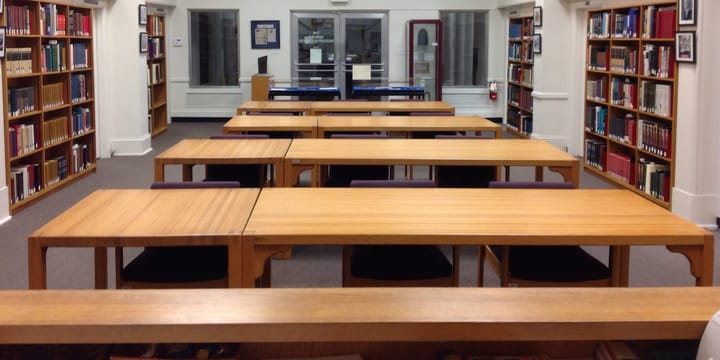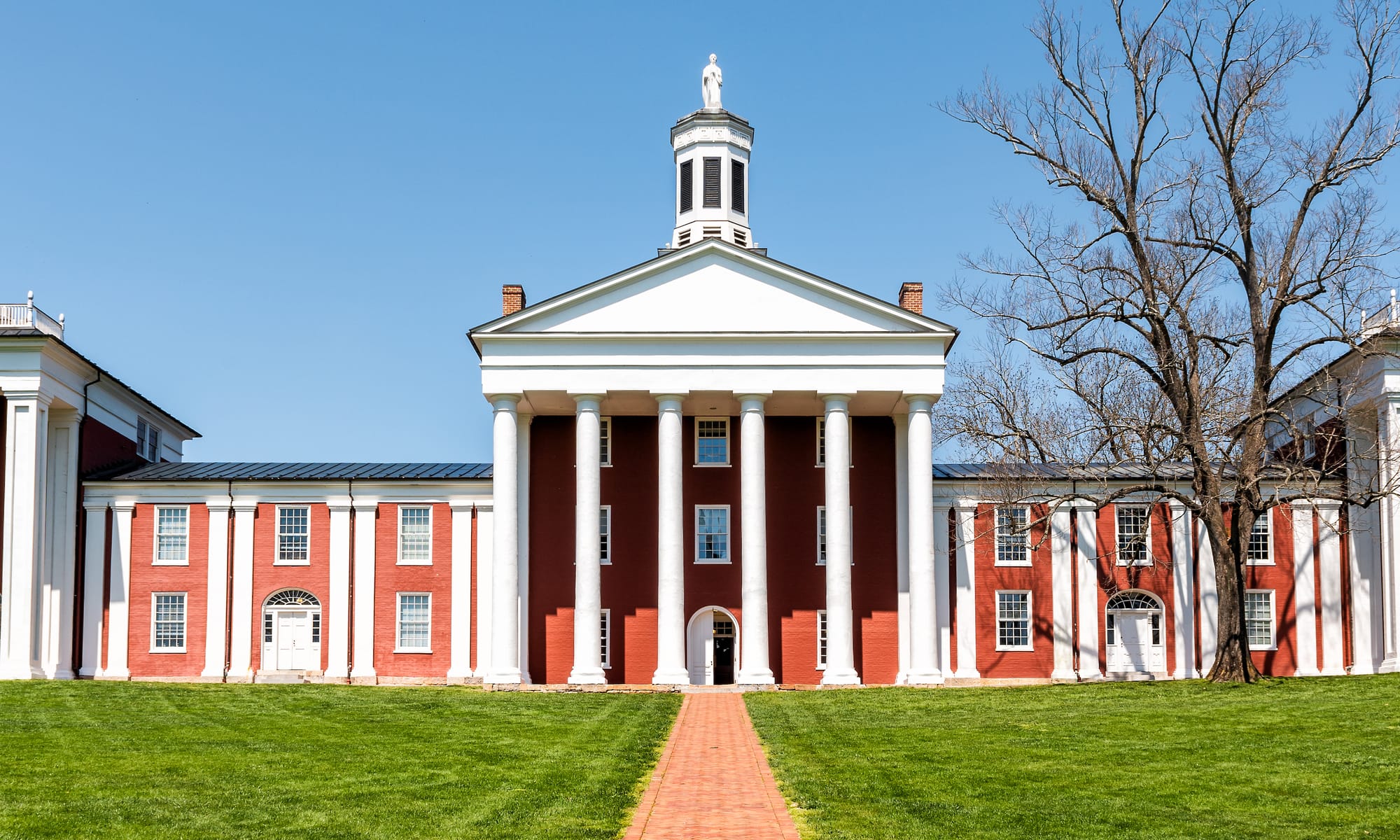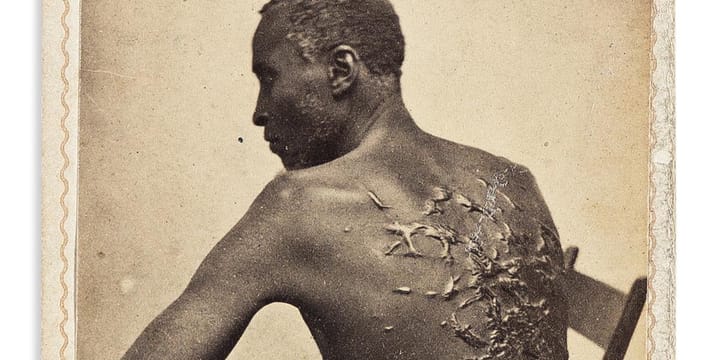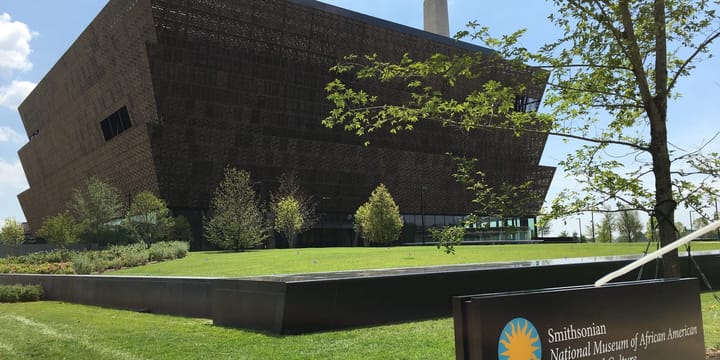60 year old archive faces cuts due to the war on Black history
The Amistad Research Center, one of largest repositories of Black history, was forced to cut half its staff after the Trump administration ended federal grants.

A recent article in The Washington Post, "60-year-old Black history archive faces uncertain future after federal cuts," highlights how the Amistad Research Center was forced to lay off half its staff and drastically reduce its hours after the Trump administration terminated four of its federal grants in April.
The Amistad Research Center is home to 15 million rare documents dating back to the 1780s and works by Jacob Lawrence. The end of its funding sources exemplifies a larger struggle to retain and celebrate Black history against an assault on it by the current administration.
Black history institutions across America are in crisis. Similar cuts hit the Whitney Plantation, the Pauli Murray Center, and the Evansville African American Museum, forcing some to charge for previously free programs.
The timing is particularly devastating. As documentary filmmaker Brad Lichtenstein notes, these archives finally allowi us to incorporate Black stories into American history. This is essential "catch-up work" after centuries of systematic exclusion due to white supremacy. Now, just as progress is being made, the resources are disappearing.
Bureaucratic processes have made things worse. While the Institute of Museum and Library Services offered appeals for terminated grants, many Black history organizations couldn't navigate the unclear process. About 220 grants were restored, but institutions like Amistad fell through the cracks.
The human cost is immediate: fewer staff means research requests go unfulfilled, new materials can't be accepted, and projects stall.
Despite the current administration's desire to erase black history, there's resilience. Amistad's executive director Kathe Hambrick launched a $1 million fundraising campaign, declaring: "We're not going down now. We're just slowing down, but we're not going anywhere."
These institutions aren't just storing documents—they're preserving pieces of American democracy itself. The collections remain safe for now, but their accessibility hangs in the balance.
Black history is American history.
Non in cautus futuri.



